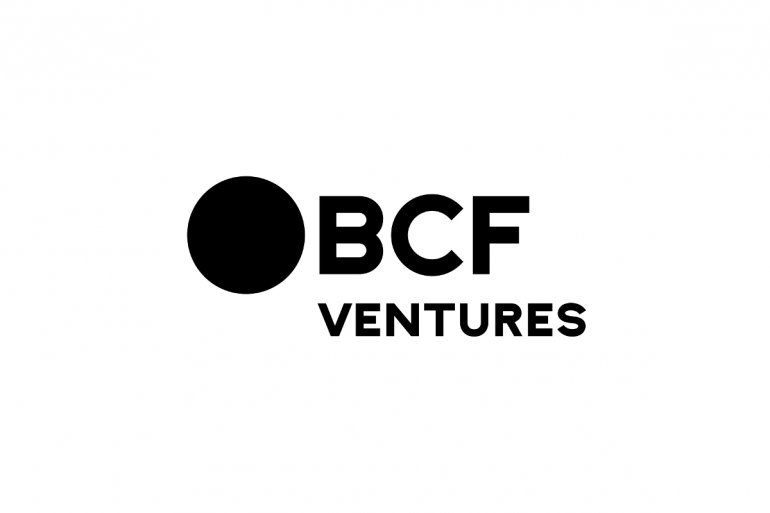Montreal-based law firm BCF is launching what it calls a ‘super angel fund,’ a funding initiative it hopes will spur a deeper trend of investment in pre-seed startups in Canada.
BCF Ventures will earmark $500,000 for 10 Canadian startups starting this year, though they are open to American and European companies with Canadian operations. The money is coming from the 70 partners that work at BCF, and will have to be re-approved every year that the program runs.
Montreal’s Founder Institute director Sergio Escobar will oversee the fund, but will maintain his position at Founder Institute. An independent investment advisory committee including Panache Ventures partner Mike Cegelski, angel investor Louis Carbonneau, and entrepreneur Anne-Marie Boucher, will work with Escobar to provide insight into operating the fund.
Escobar said that with his and the investor committee’s involvement, they have access to activity in tech hubs like Founder Institute, Creative Destruction Lab, and Techstars to get insight into up-and-coming startups. Startups that leverage government grants, such as IRAP, will also be targeted, as these startups often require matching funding to leverage such grants.
“Once a company has already launched a prototype in the early-revenue stage, you can’t put them in a curriculum.”
The ultimate goal, besides investing a total of $5 million in seed and pre-seed startups over a 10-year period, is to get more institutional investors looking at this stage of startups. Escobar said that BCF Ventures could be the leader that attracts more private capital to the seed and pre-seed stage, and gets more potential investors building their own ‘super angel’ funds instead of joining a venture fund.
Escobar said that many early-stage startups, despite getting infrastructure support, are pushed to go to the US for funding, using Waterloo-based tech hub Communitech as an example.
“The big problem that we have is that at the pre-seed stage, we are losing a lot of deals to Americans,” said Escobar. “You see that all the time at Communitech, we spend millions on this amazing infrastructure that we have in Canada, like co-working spaces, innovation districts, incubators and so on. And then Y Combinator, Techstars comes, they pick them at the pre-seed stage with low valuation, and then how many companies from Communitech have to re-incorporate from Canadians to US corporations and move to California? The time for us has come, we already have enough venture capital funds at the growth stage.”
“There is a great need for private capital in Quebec’s pre-seed funding segment.”
– Mike Cegelski, partner at Panache Ventures
Rather than raise a venture capital fund, the BCF Ventures team chose a super angel fund model to emphasize its focus on access to networks and expertise. Escobar maintains that the concept of a super angel fund is common in the US — the US is home to 279 of the 292 fund managers currently raising a North America-focused micro VC fund, according to Preqin data — and wants to bring that model to Canada.
“There is a great need for private capital in Quebec’s pre-seed funding segment and BCF Ventures is responding to a need that has long been underscored by stakeholders,” said Cegelski. He said that while skeptical at first, he lauded BCF’s approach to building the fund and working to incorporate ecosystem partners like Panache, as well as having Escobar oversee the fund. “Most corporates don’t listen to the ecosystem,” he said.
BCF Ventures will take between two to five percent equity in startups, but will transfer its votes to the chairman of the board. While the firm also runs other startup programs like Imagine, which provides legal expertise for early-stage startups, these programs and their selection processes will be separate and startups are able to choose their own lawyer.
Startups taking investment from BCF Ventures also won’t be part of a formalized program, but will work one-on-one with mentors to reach milestones. Having a structured accelerator is difficult to launch, Escobar said.
“I’ve mentored at Techstars in Boston for the last two to three years…once a company has already launched a prototype in the early-revenue stage, you can’t put them in a curriculum, you have to guide them one-on-one with specialized coaching,” said Escobar. “That’s why they’re going to be working with me, Mike Cegelski, Louis Carbonneau and other specialized people they need to hit their milestones.”


